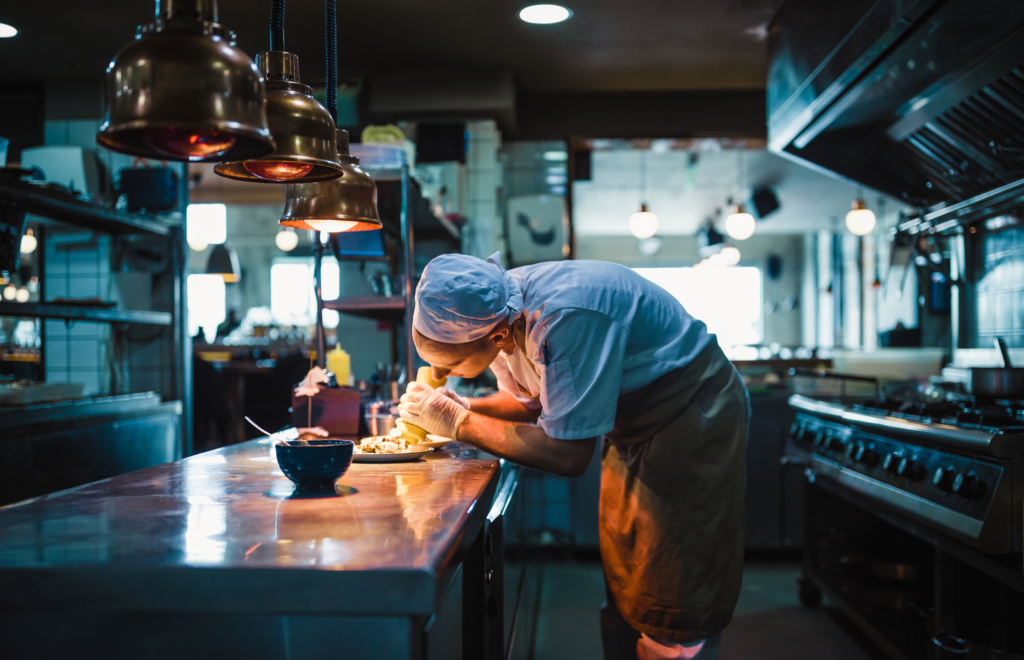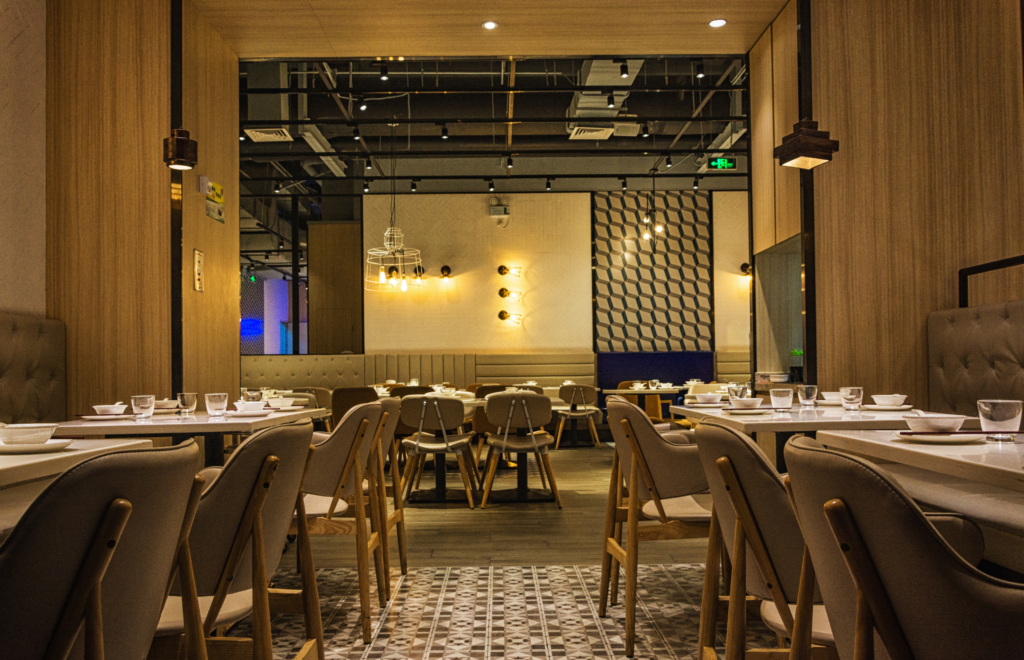Balancing Restaurant Efficiency With Eco Practices

Sustainability in hospitality is no longer just a trend but an expectation. Yet, many businesses still believe they have to choose between running an efficient operation and doing what’s right for the planet. The reality? The most forward-thinking brands are proving that sustainability and profitability go hand in hand. Embracing sustainable restaurant practices not only benefits the environment but also enhances brand reputation, increases customer loyalty, and improves financial performance.
A truly sustainable operation starts with smart sourcing. Working with local suppliers, using seasonal ingredients, and reducing reliance on imported goods doesn’t just lower a business’s carbon footprint; it cuts transport costs and improves product quality.
A menu built around what’s fresh and available is naturally more efficient, reducing waste while creating a stronger, more authentic brand story. Sourcing responsibly supports the local economy, fostering a sense of community engagement and trust.
Beyond food sourcing, sustainability in restaurants extends to responsible seafood choices, ethical meat production, and plant-forward menu options. The demand for plant-based and sustainable food choices continues to rise, and restaurants that prioritize these options appeal to environmentally conscious diners. By diversifying menus to include plant-based dishes, businesses can further reduce their carbon footprint and food costs while attracting a growing segment of eco-aware consumers.
Energy Efficiency and Cost Savings
Energy consumption is another area where sustainability drives savings. From LED lighting to high-efficiency kitchen equipment, the right choices can drastically reduce overheads while improving performance. Simple operational shifts like monitoring energy usage, optimising cooking processes, and training teams to work more consciously can make a significant impact without requiring major investment.
Sustainability in restaurants isn’t just about big-ticket items like solar panels or energy-efficient appliances—it’s also about everyday practices. Switching to induction cooktops, installing motion-sensor lighting, and properly maintaining refrigeration units all contribute to long-term savings and reduced environmental impact.
Another effective approach is utilising renewable energy sources. While the initial investment may seem daunting, the long-term benefits in reduced energy costs and tax incentives make this a wise financial and environmental choice.
Tackling Waste for a More Profitable Future
Waste is one of the biggest inefficiencies in hospitality, but it’s also one of the most avoidable. Businesses that treat waste reduction as a core strategy rather than an afterthought see real financial benefits. Whether it’s cutting food waste through better stock management, switching to closed-loop packaging, or finding creative ways to repurpose by-products, minimizing waste is a direct path to increased profitability.
Food waste, in particular, is a costly problem. Implementing portion control and adopting technology-driven inventory systems that track expiration dates and usage patterns can help businesses order smarter and waste less.
Packaging is another key area of concern. Single-use plastics are becoming increasingly unpopular, and more sustainable alternatives like compostable containers, reusable packaging, and biodegradable utensils are gaining traction. Restaurants that prioritise eco-friendly packaging align themselves with consumer values and enhance their brand image.
Sustainability as a Competitive Advantage
More than ever, implementing sustainability in restaurants is a selling point. Customers want to know that the businesses they support are making responsible choices, and transparency builds trust. A strong sustainability strategy isn’t just good for the environment—it creates a competitive edge, turns first-time visitors into loyal advocates, and future-proofs the business.
Restaurants that actively communicate their sustainable restaurant practices through marketing, social media, and on-site signage cultivate stronger connections with their customers. Diners are more likely to return to establishments that share their values, and positive word-of-mouth from sustainability efforts can drive new business. Some restaurants even integrate their green initiatives into loyalty programs, rewarding customers who bring their own reusable cups or containers.

The Future of Sustainable Restaurants Practices
Looking ahead, the shift towards sustainability in restaurants will continue to gain momentum. Governments and regulatory bodies are introducing stricter environmental standards, and businesses that proactively adapt will stay ahead of the curve.
From water conservation measures like low-flow dishwashers to urban farming initiatives that provide hyper-local produce, innovation in sustainability is opening new doors for hospitality businesses.
At THE ENGINE ROOM, we help hospitality businesses find the balance between sustainability and efficiency because the two should work together, not against each other. If you’re ready to build an operation that is both profitable and planet-friendly, let’s talk. We offer a free 30-minute consultation—so what have you got to lose?

